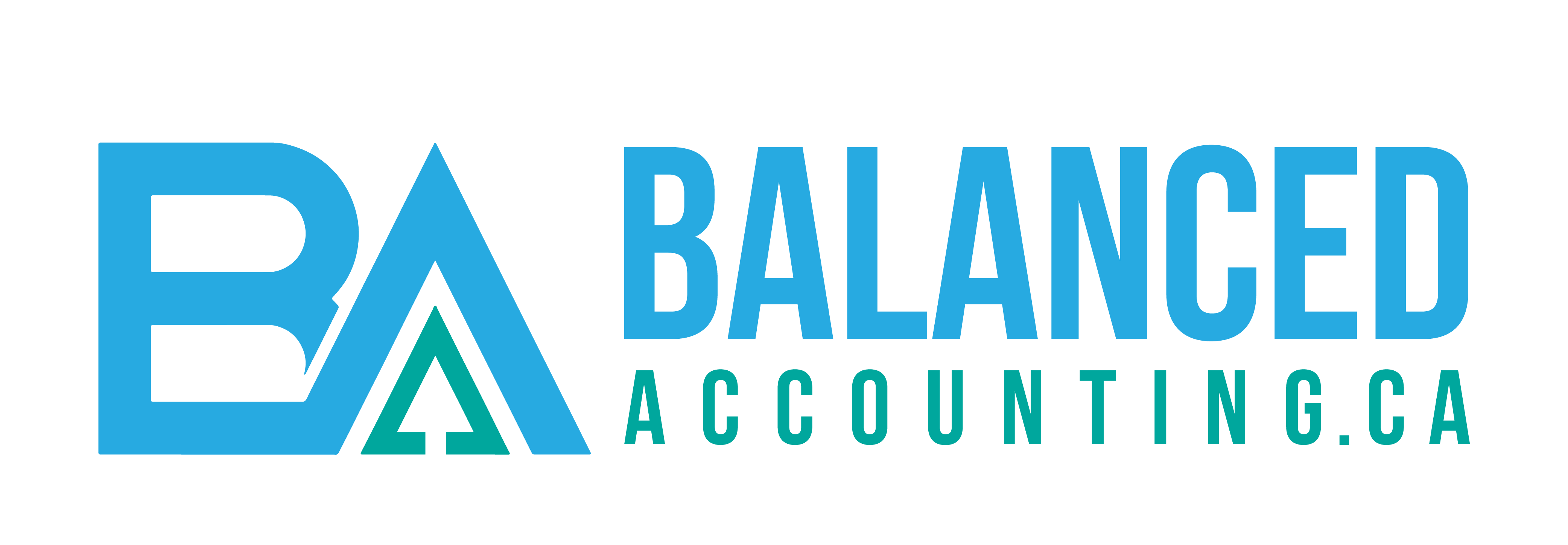Corporate Income Tax Payment and Instalment Deadlines
As a supplementary blog to our previously posted “T2 Corporate Income Tax Return Filing Deadlines and Penalties”, it is also important to not only discuss filing deadlines but also discuss when corporate tax payments are due as well as answer any and all questions surrounding whether you are required to remit corporate tax instalments throughout the year.
Corporate tax filings are due 6 months after yearend, although if your corporation owes income tax, the balance of tax is generally due within two months after your fiscal yearend date. The balance of tax is due three months after the end of the fiscal tax year if conditions 1 and 2 that follow are met, as well as condition 3 or 4:
1. The corporation is a Canadian-controlled private corporation (CCPC) throughout the tax year
2. The corporation claimed the small business deduction for the current or previous tax year
3. The corporation’s taxable income for the previous tax year does not exceed its business limit for that tax year (if the corporation is not associated with any other corporation during the tax year)
4. The total of the taxable incomes of all the associated corporations for their last tax year ending in the previous calendar year does not exceed the total of their business limits for those tax years (if the corporation is associated with any other corporation during the tax year)
This can be difficult for some business owners as documents and corporate records might not be ready in time for tax preparation to meet these payment deadlines, therefore you may feel trapped with not knowing exactly what payment is required. To navigate this uncertain situation, here are a couple tips that might be helpful:
1) Keep your accounting records organized and up to date. By doing so, not long after your fiscal yearend has passed you can provide all the necessary documents to your accountant in a timely manner, who can then complete your corporate tax return and provide you with an exact balance due. OR;
2) Estimate your taxes. If corporate records are not available or completed, the CRA will allow you to estimate your corporate tax balance due and make the payment. If a payment was over-estimated the difference will be refunded, if your payment was under-estimated you will owe the difference and interest/penalties could apply.
Interest is assessed on late payments when: a balance is not paid on time and when late/insufficient instalments are made. Interest is currently charged at rates of up to 8% of the total balances owed (as of the first quarter of 2023) if not paid within the deadline period.
A corporation is required to make instalments for the current year if the taxes payable in the previous year was greater than $3,000. There are three methods to calculating tax instalments (based on the current year, prior year or a combination of the previous year and the year before the previous year), although commonly, instalments are calculated based on the previous year’s taxes payable divided by 12 (if you are required to pay monthly) or, divided by 4 (if you are paying quarterly). Please note, there are additional criteria which determines whether you are eligible for quarterly instalments instead of monthly instalments – your accountant can help you identify which instalment frequency would be applicable for you based on your exact situation.
As a general example, if your corporation had a tax payable in 2022 of $24,000, then in 2023, you are required to make monthly instalments of $2,000 due on the last day of each month. If you are eligible for quarterly instalments, you would be required to pay $6,000 due on the last day of each quarter of the fiscal year. Instalment interest involves a more complicated calculation – a link to a CRA example is here.
CONCLUSION
Keeping organized corporate accounting records could save you time and money in the long run, especially with rising interest rates. If you have any questions or concerns or are looking to keep cleaner records to avoid CRA interest and penalties, do not hesitate to contact us, as we would be happy to discuss further with you.
